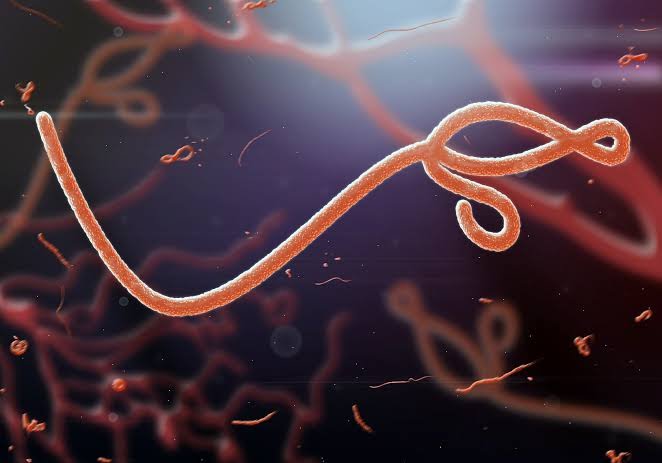The Nigeria Centre for Disease Control and Prevention has assured citizens that the country is free of Ebola virus disease, despite the recent outbreak in the Democratic Republic of the Congo.
In a public health advisory released on Saturday and signed by Director-General Jide Idris, the agency emphasized that it is collaborating with relevant ministries, departments, agencies, and partners to track disease trends and improve Nigeria’s readiness to respond.
As part of its preparedness efforts, the NCDC disclosed that surveillance has been heightened at airports, seaports, and land borders to ensure early detection of any possible importation.
It also highlighted that infection prevention and control measures are being reinforced across healthcare facilities to protect both patients and frontline workers.
“There are no cases of Ebola virus disease in Nigeria, as of now. However, the NCDC, in collaboration with relevant ministries, departments, agencies and partners, continues to monitor disease occurrence and initiate measures to strengthen our preparedness in the country,” the statement read.
The agency further explained that its risk communication and community engagement structures have been activated to ensure Nigerians receive timely information, while also countering rumours, misconceptions, and misinformation.
Ebola situation in DR Congo
According to reports, the ongoing outbreak in DRC’s Kasai Province has led to 16 deaths, including four health workers, out of 28 suspected cases.
On 3 September, laboratory tests at the National Institute of Biomedical Research in Kinshasa confirmed Ebola Zaire as the cause.
This marks the 15th Ebola outbreak in the DRC since the disease was first detected in 1976. Kasai Province previously experienced outbreaks in 2007 and 2008. The country’s most recent outbreak in 2022 was contained within three months.
The new outbreak comes at a time when several parts of Central and West Africa are also dealing with cholera, malnutrition, and widespread displacement.
Preventive measures for Nigerians
In its advisory, the NCDC noted that while vaccines and treatment options exist for certain strains of Ebola, the most effective response remains early detection, isolation, and supportive care.
It urged the public to prioritize personal hygiene, avoid physical contact with anyone displaying symptoms of unknown illnesses, and refrain from hunting or consuming bush meat such as bats, monkeys, and apes. The centre also advised that animal handling should only be done with gloves and protective gear, and all animal products should be thoroughly cooked before eating.
The NCDC further cautioned against direct exposure to blood, vomit, urine, saliva, or other body fluids of suspected or confirmed patients. Anyone who develops symptoms after visiting affected countries is advised to call the toll-free number 6232 or contact their State Ministry of Health immediately, and remain where they are until health officials arrive.
Health workers and travellers on alert
The advisory stressed that healthcare workers must adhere strictly to infection prevention and control guidelines, including the proper use of personal protective equipment.
It also issued a travel warning, advising Nigerians to avoid non-essential journeys to countries with confirmed Ebola cases. Travellers returning from or transiting through such countries within the past 21 days are urged to monitor themselves for fever, sore throat, diarrhoea, vomiting, weakness, or unexplained bleeding.
“On our part, we will continue to strengthen surveillance across the country, including our borders and airports, especially for travellers from affected areas; alerting our health workers to heighten their level of suspicion for suspected cases; enhancing our laboratory capacities for quick testing of suspected cases; as well as coordination with the World Health Organisation and African regional health authorities to monitor developments and share critical information,” the NCDC added.
The centre also reminded Nigerians that it is simultaneously managing other public health concerns such as Lassa fever, meningitis, diphtheria, mpox, measles, and anthrax.
